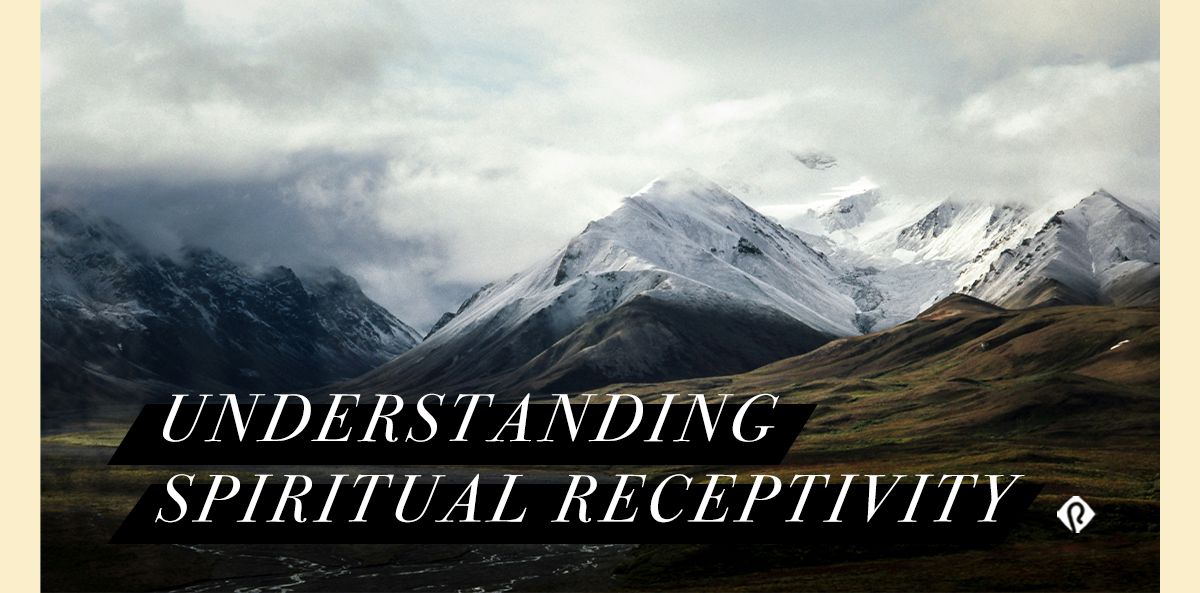FellowshipPreaching/TeachingLeadershipCelebrate RecoveryDiscipleshipSmall GroupsEvangelismWorshipMinistry
Teaching Christ from the Old and New Testaments

Recently, I posted an interview with Leonard Sweet and Frank Viola. I appreciate both of their passion and enjoyed their recent book, "Jesus: A Theograhy." Len is an evangelical United Methodist theologian. Frank is probably best known for his (sometimes controversial) advocacy of simple church, but now is focusing on deeper life issues. Their book, interestingly, ties into a theme that is becoming more common: to see the big picture of what God is up to throughout the scriptures.
In the comments from yesterday, Frank explained:
The cross — the death and resurrection of Jesus — bleeds through the Old Testament Scriptures in virtually every OT book. Beginning in Genesis Chapter 1, 2, and 3 — it's there in abundance. We trace these images in detail throughout the book and connect the dots to their NT counterparts.What is interesting, I think, is that this is not a new idea (though it is getting more press lately). Well-known pastor Herschel Hobbs put it this way:
The Bible speaks of God's redemptive purpose. It reveals how God proposes to bring sinful man back into His fellowship and to use him in His service. From Genesis to Revelation this message runs like a scarlet thread. Its message begins in eternity with the Lamb slain from before the foundation of the world, and ends with the triumphant Lamb on His throne ruling over a redeemed universe. The Bible points forward to Christ, backward to Christ, and again forward to Christ in His glorious return and reign. And it reveals God in the person of the Holy Spirit as He empowers and directs the people of Christ in God's mission of evangelism and missions. The Bible has one central theme: God's redemptive purpose. It has one central figure: Christ. It has one central goal: God supreme in a redeemed universe.Or, you can go further back and look at John Broadus, influential in the founding of LifeWay, who explained it this way over one hundred years ago:
"The holy Scriptures, which are able to make thee wise unto salvation through faith which is in Christ Jesus." That is the way in which they do it through faith which is in Christ Jesus: for the holy Scriptures of the Old Testament are never half understood except as they are seen in the light of Christ Jesus. They all pointed forward to Christ Jesus; they all found their fulfillment, the key of their interpretation, in Christ Jesus. The Old Testament history is not merely a history of some wandering patriarchs and of a strange, wayward people of wonderful powers and wonderful propensities to evil. It is not merely a history of Israel. The Old Testament is a history of redemption, of God's mightiness and mercies, and of a chosen nation, all along toward the promised, long-looked-for time when God's Son should come to be the Saviour of mankind. We cannot understand the Old Testament, except we read it in its bearing upon Christ, as fulfilled in him. All the long story of Israel meant Him; and if you do find many things in the Old Testament that you do not see the meaning of, remember that they all pointed forward toward Him. How can we get the benefit of Scripture if we do not believe in Him who is the centre and the heart and the essence and the life of Scripture, even Christ Jesus?We take this approach in The Gospel Project. The Gospel Project starts with theology, drives to mission, while taking a hermeneutically-responsible approach to the question, "How does this part of the scripture point to God's grand plan?" Since Jesus is the center of God's plan, we often (when appropriate) take people back to what God is doing in Christ. You do not read into what the Holy Spirit inspired the author to write (that's called eisegesis — reading into the text). Instead, we believe in reading the text from the perspective of Jesus on the road to Emmaus. Jesus showed the Bible is not a series of isolated stories or passages, but a narrative that leads to him. That's why we ask, "How does this passage fit into God's plan?" Trevin Wax explained that we should ask, "What is distinctively Christian about the way I am addressing the topic/passage?" He explained:
Here's the question that will lead you back to the gospel. The distinctively Christian thing about Christianity is Jesus and His grace. It's the good news about how He died on the cross for our sins and rose from the grave on the third day ... If we preach the story of Moses, for example, without ever pointing forward to our Passover Lamb (Jesus Christ), then we are preaching the Old Testament much like a rabbi, not like a Christian herald of the gospel. On the road to Emmaus, Jesus told His disciples that the Old Testament pointed to Him.So, you teach Proverbs as what they are — pithy truthful sayings for common sense living. However, we live even those through the power of Christ, who is our Wisdom (1 Corinthians 1:30). Or, David and Goliath is not about David's lucky shot, but instead is about how God used the little things to show his power — and we can rely on God in the midst of difficulty and trust, ultimately now, in Christ. I like how Broadus puts it: All the scriptures are "seen in the light of Christ Jesus." They are not all referring to Jesus, but all must be read in the light of what God has done in Christ. So, someone occasionally will say, "You are talking too much about Jesus." I'm with Hobbs, Broadus, Sweet, and Viola on that. Let's make much of Jesus.







